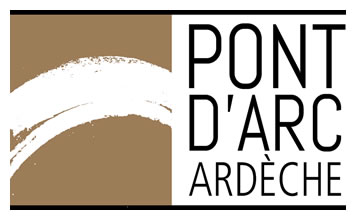As a professional, it is important to understand what a disagreement in law means. In the field of law, disagreements can arise between parties concerning their legal rights or obligations. A disagreement in law is a legal dispute between two or multiple parties involving a legal matter.
A disagreement in law can occur in a variety of legal contexts, including contract disputes, personal injury cases, and even criminal cases. Essentially, any situation involving a legal issue that is open to interpretation can lead to a disagreement in law.
When a disagreement in law arises, parties may seek to resolve the dispute through negotiation, mediation, or litigation. Negotiation involves a discussion between all parties involved to reach a mutually acceptable solution. Mediation involves the use of a neutral third party to assist parties in reaching a compromise. Litigation, on the other hand, is the process of taking the matter to court to be resolved by a judge or jury.
Disagreements in law can be complex and often require an understanding of legal principles and procedures. Lawyers and legal professionals are trained to handle these disputes and have the skills and knowledge required to effectively represent their clients.
There are many factors that can contribute to a disagreement in law, including conflicting interpretations of the law, unclear or ambiguous contractual language, and differing opinions on the facts of the case. To resolve these disputes, parties must often present their arguments and evidence in a clear and convincing manner.
In conclusion, a disagreement in law is a legal dispute that can arise in many different contexts. It is important to seek the advice of legal professionals when these disputes arise to ensure that your rights and interests are protected. With the proper guidance and representation, parties can work towards a resolution that is fair and just.







